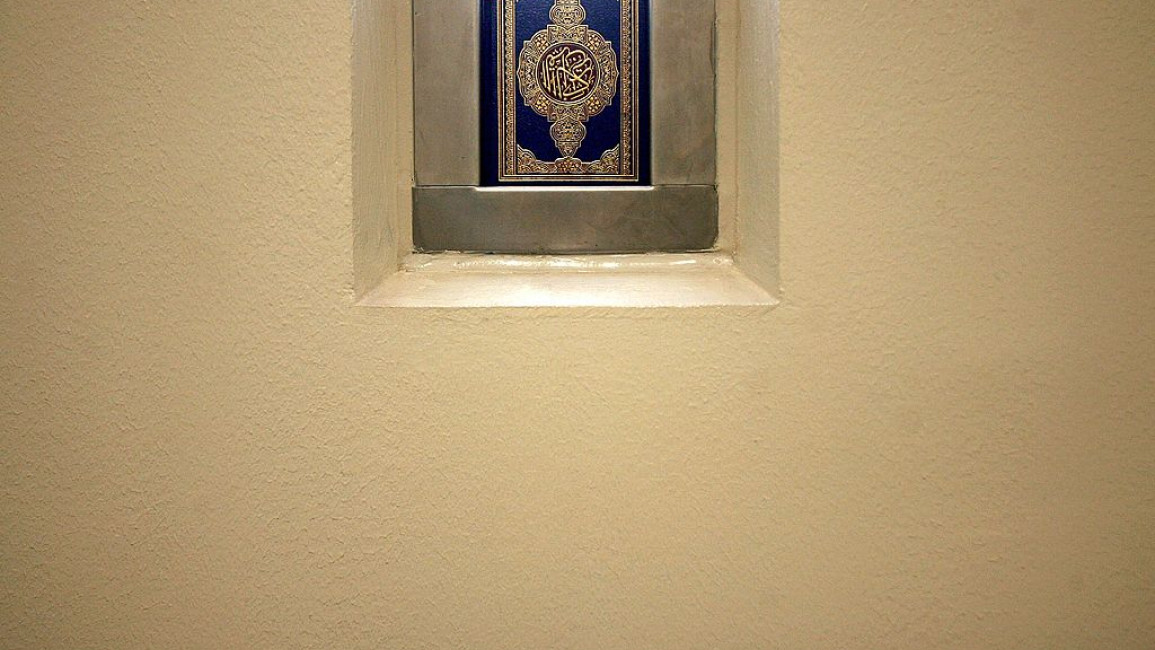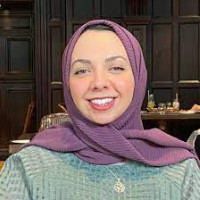
Political prisoners & the significance of Prophet Yusuf: Part 2
Surah Yusuf begins and ends with the interpretation of a dream. The dream that is related by him in the first few verses, takes the entire period of Yusuf’s childhood going into adulthood to tell before it is actualised by the end of the chapter. The dream at the start bears almost no relation to Yusuf’s actual lived experiences, or that of his father Ya’qub. However, it is his father’s certainty in that premonition that consoles him, all the years that he is told that his son Yusuf is dead.
For Bilal, who was imprisoned in Egypt after the 2013 coup, the story of the prophet took him aback:
“Consider the verses as Yusuf said to his father, "O my father, surely I saw (i.e., in a dream) eleven planets and the sun and the moon; I saw them prostrating to me. And he replied, ‘My son, tell your brothers nothing of this dream, or they may plot to harm you––Satan is man’s sworn enemy. (12:4-5)…Put yourself in Prophet Ya’qub’s position. He knows the end but he does not know the middle. His older children take his son, lose him, and tell him that his son is dead. He [then] says [to them], ‘I know you’re lying because one day you will kneel before him.’ He knew they were lying for forty years until he was blinded by grief. Does this mean that God was not merciful to him? Does his sadness mean that he did not have faith?”
''For Abdullah El Shamy, an Al Jazeera journalist who was imprisoned for covering the Rabaa massacre, it was the fulfilment of the vision at the end of the Surah that was most profound.''
He adds: “This is the sunnah of the world. His son needed to be kidnapped and displaced, to endure prison just so he would end up in a place where he would rule Egypt. In your immediate situation, you could be tired, you may get sad but that does not mean that God has taken you out of His mercy. If you read through the surah, there is a lot of pain but God shows his mercy."
For Abdullah El Shamy, an Al Jazeera journalist who was imprisoned for covering the Rabaa massacre, it was the fulfilment of the vision at the end of the Surah that was most profound. He recalled the verses:
"Later, when they presented themselves before Joseph, he drew his parents to him- he said, ‘Welcome to Egypt: you will all be safe here, God willing’ and took them up to [his] throne. They all bowed down before him and he said, ‘Father, this is the fulfilment of that dream I had long ago. My Lord has made it come true and has been gracious to me - He released me from prison and He brought you here from the desert- after Satan sowed discord between me and my brothers. My Lord is most subtle in achieving what He will; He is the All Knowing, the Truly Wise. (12:99-100)"
In prison, El Shamy explained that dreams serve a particular function. They are one of the ways that Allah communicates with the prisoners to bring them solace and glad tidings. It strengthens the prisoners resolve – on the one hand – but also it brings in a keen awareness that the guards, prison authorities, and the state have no real authority. Only God is truly in charge.
In solitary confinement, the journalist saw a vision that foretold his release. Three days later, a fellow prisoner knocked on his cell window and asked if he needed anything. El Shamy asked him if he knew someone who could interpret dreams.
“Because this is a maximum-security prison, there are no pens and no paper, but he gets me a pen and a tissue. I write down my dream and he takes it to the dream interpreter. He comes back a while later and says: ‘He says this will be the last place you will held before you are released.’”
For John (Yahia) Walker Lindh, who had been kidnapped from Afghanistan and held in US detention, the signs he received through visions and dreams – like in surah Yusuf – became so important to him. In 2001, he had been trapped in the basement of a compound by US and Afghan soldiers at Qala-e-Jangi. recalling:
“[A]fter a few days with very little water, I had a dream that it was night time, and I was drowning. Someone helped me out of the water onto dry land, and the next thing I knew, I was inside a building with a very large number of toilets.”
Soon after this dream, US and Afghan soldiers flooded the basement and electrocuted it, in an attempt to kill all those who had been trapped inside. Yahia didn’t understand the significance of the dream at the time and would not until months later when he arrived in the US. He saw that modern US prisons possibly had the highest volume of toilets per square foot than other types of buildings. It was only then, reflecting on this, that his premonition from the basement began to make sense to him – reminding him, that he was living out God’s decree and that God was most merciful to him.
The salience and power of Surah Yusuf did not just resonate with political prisoners but with the prison population as a whole. Khadija recalled an older female prisoner came and sat by her. She asked her, “can you please tell me the story of Prophet Yusuf?” Khadija said, “I told her the story, even though she knew it already it made her very happy and it made me happy to tell it to her.”
For Omar, Surah Yusuf foretells the temporal fallacies by which humans often read and relate their personal histories. The internal symmetry within the chapter indicates – more clearly – the patterns by which God lays out his decree. It begins with a vision in childhood that is fulfilled after the painful maturation and trails of incarceration. Ya’qub is blinded by the stench of false blood on Yusuf’s shirt but he is revived decades later with the smell of the shirt of his beloved son.
Omar notes – as in surah Yusuf – nowhere is traditional notions of time challenged more than in prison:
“I see that there are two stations in the Surah that reflect the reality of prison life. The first station is "Mention me in the presence of your lord." (12:42) and the second station is "Return to your lord and so ask him” (12:50). The first station indicates the pressures and the difficulty of prison life that makes it unbearable and the second station shows certitude in divine retribution. In time you can train yourself to move from one station to the other – where there is certainty in God and serenity in his decree. Meaning the first station is one where you are in a hurry to leave prison and the other is acting through conviction and trust in God. For that reason, we used to recite a du’a: Allah release us as you have released Yusuf.”
The Prophet-prisoner – Yusuf, left prison. God did not. Based on the research we have gathered for our forthcoming book on the religious lives of political prisoners in Egyptian prisons and US black sites, the Qur’anic narrative in chapter twelve is not one just on the nature of calamity, God’s action, free will, and divine retribution. For Prisoners, it is one where God judged those who drove the innocent to prison and where He showed mercy and solace in the darkest moments of the prison. Ultimately, it is the story of the Prophet of God who – like them – was a prisoner himself.
Walaa Quisay is a Leverhulme Early Career Fellow at the School of Divinity at the University of Edinburgh. There, she researches carceral theology and prison literature.
Dr Asim Qureshi is the Research Director of the advocacy group CAGE, and has authored a number of books detailing the impact of the global War on Terror.
Follow Asim on Twitter: @AsimCP
Have questions or comments? Email us at: editorial-english@newarab.com
Opinions expressed in this article remain those of the author and do not necessarily represent those of The New Arab, its editorial board or staff.




